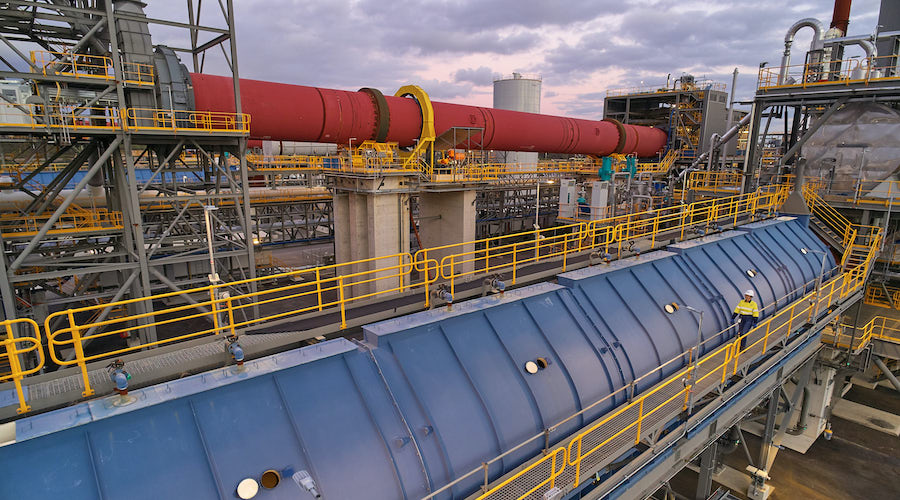Tianqi Lithium gets 1-month reprieve on $1.9bn loan repayment

China’s Tianqi Lithium Corp said on Monday it had signed a letter with a syndicate of banks to extend by a month the maturity date on $1.884 billion of loans that were due for repayment at the end of November.
Tianqi, one of the world’s top producers of lithium chemicals used in electric-vehicle batteries, had repeatedly said its operations could be severely impacted if it did not repay the money, which was used to acquire a 23.8% stake in Chilean miner SQM in 2018, by the due date.
The last-minute reprieve gives the company and its lenders, led by China Citic Bank, until Dec. 28 to sign a modified loan agreement, Tianqi said in a Shenzhen Stock Exchange filing. Otherwise, Tianqi will have to pay back the money by that date.
Tianqi paid $4.1 billion for the SQM stake, taking on $3.5 billion of debt to finance the acquisition
The two sides are “actively negotiating the key terms,” of the modified loan agreement, it said.
If the conditions of the extension letter cannot be met, however, the repayment deadline will not be extended at all, the filing said, triggering a default. Tianqi must also repay outstanding interest on the loans by Dec. 10.
Daiwa Capital Markets said in a note it saw the extension as a way to buy time for Tianqi.
“We expect Tianqi to reveal a solution for the repayment of the annexation loan within a month, potentially a strategic investment or sale of Australian assets amid a rebound in the lithium price,” it said.
Tianqi, alongside Albemarle Corp, jointly operates the Greenbushes lithium mine in Australia, where it also owns the Kwinana processing plant.
China Citic Bank did not immediately respond to a request for comment outside normal business hours.
Tianqi paid $4.1 billion for the SQM stake, taking on $3.5 billion of debt to finance the acquisition.
But lithium carbonate prices in China have plunged around 70% since it agreed the deal, amid oversupply, leaving Tianqi in the red and unable to pay back its borrowings.
($1 = 6.5773 Chinese yuan renminbi)
(By Tom Daly, Min Zhang and Cheng Leng; Editing by Ed Osmond and Lisa Shumaker)
{{ commodity.name }}
{{ post.title }}
{{ post.date }}




Comments